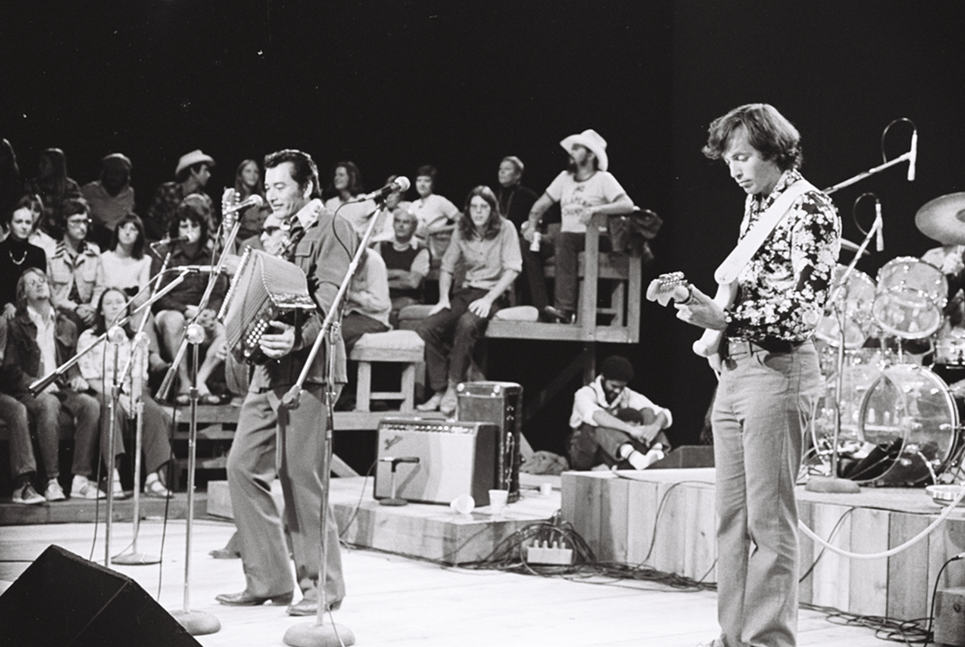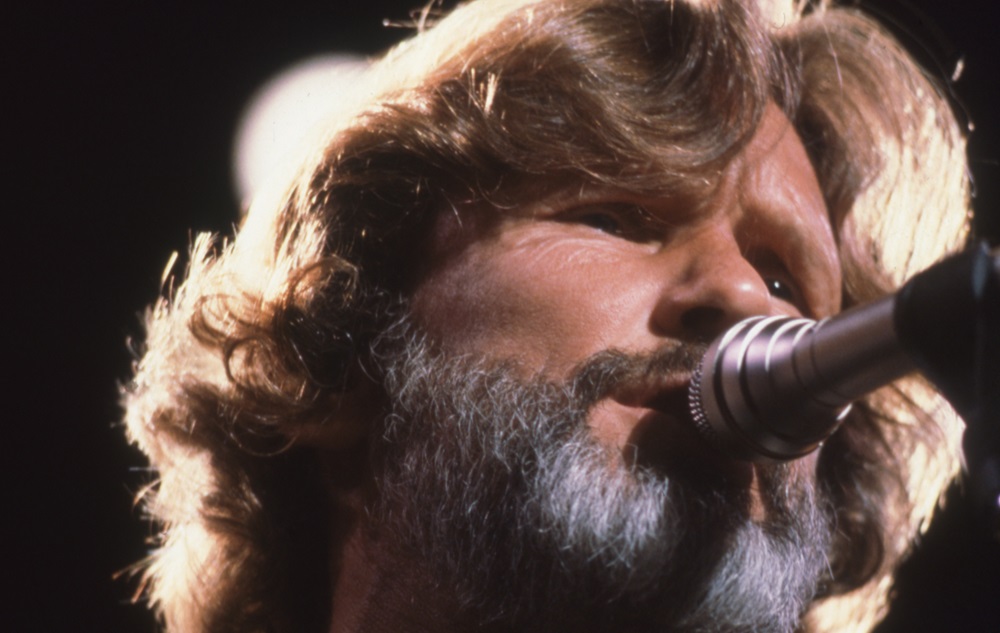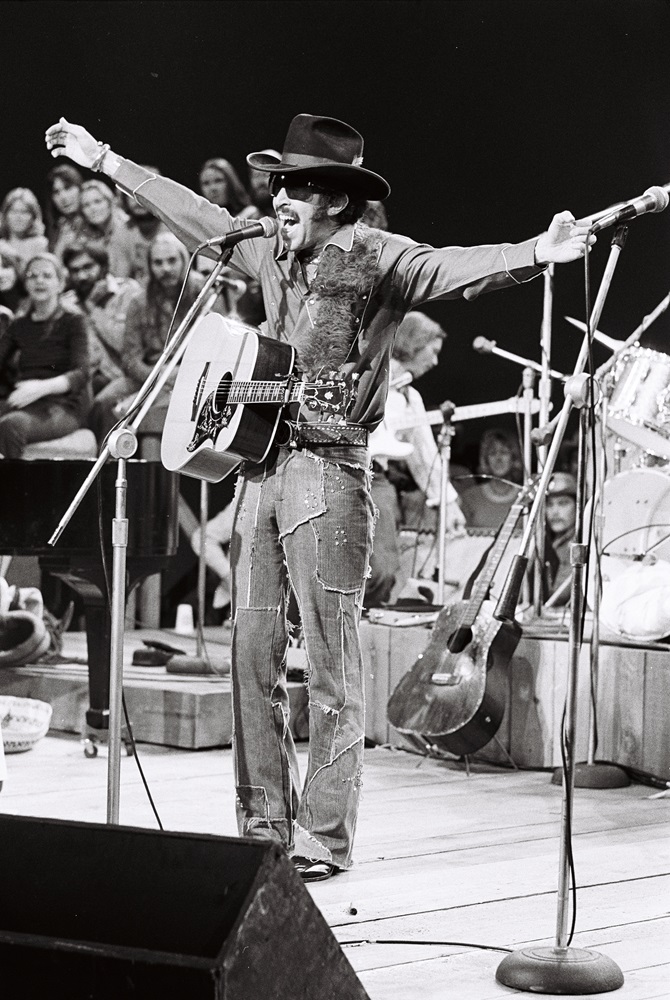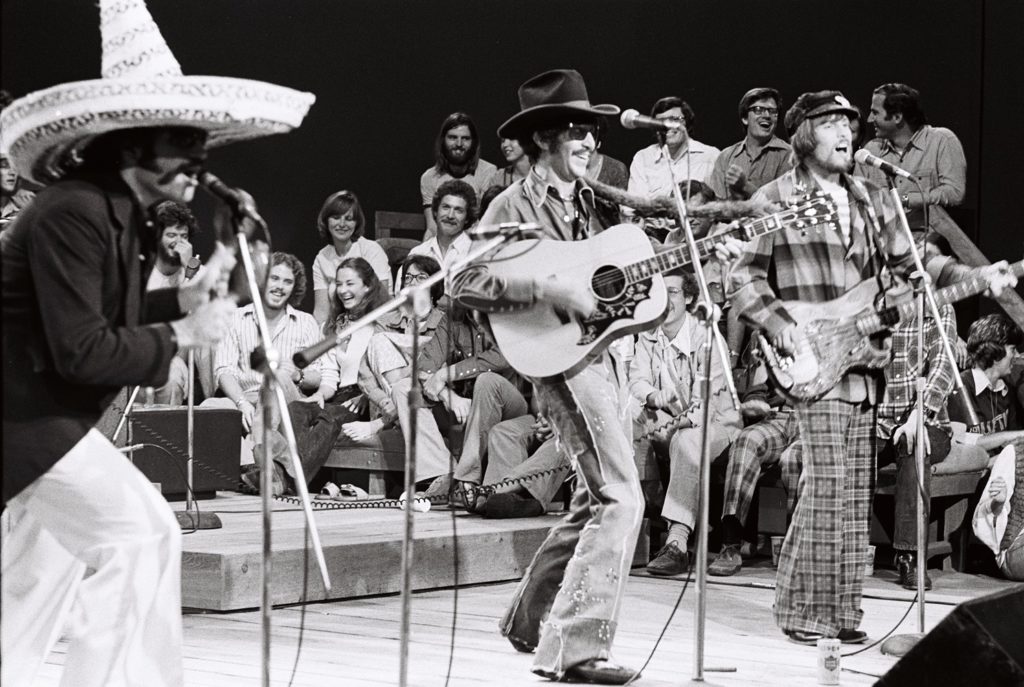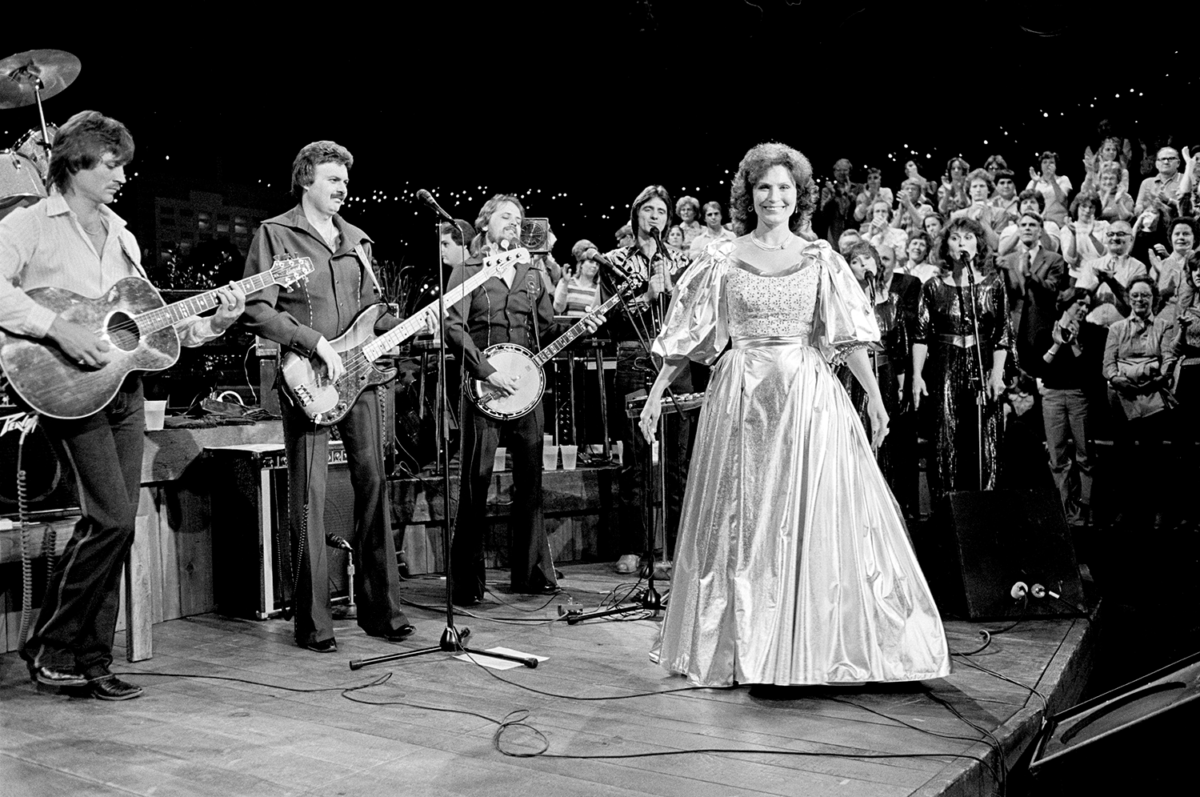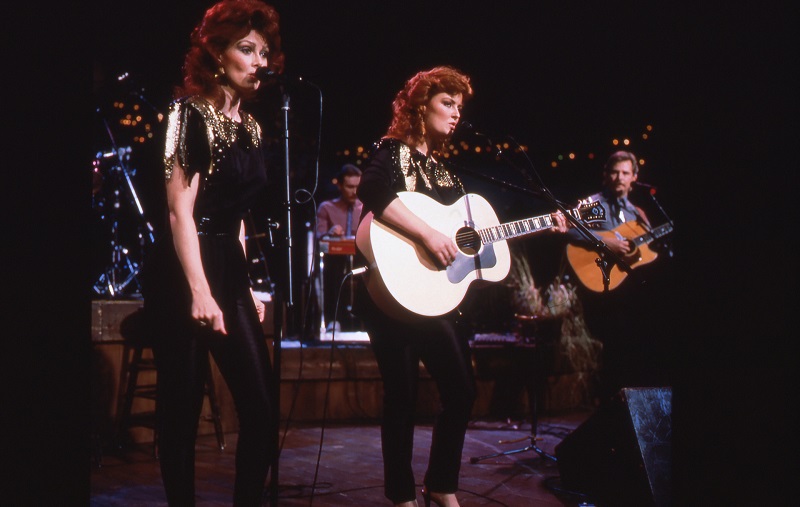Austin City Limits is very sorry to hear of the death of Tejano music legend Flaco Jiménez. The Tejano music icon made seven appearances on the show, beginning with episode 4 of the inaugural season and culminating in his induction into the ACL Hall of Fame in 2015. He was 86.
Tejano music royalty, “El Rey de Texas” was the son of Santiago Jiménez and grandson of Patricio Jiménez – both conjunto pioneers. Starting on the bajo sexto, San Antonio native Flaco began performing at age seven with his dad and made his first recordings at fifteen as part of Los Caporales. Influenced by Santiago Sr. and zydeco master Clifton Chenier, Flaco took up the three-button accordion, the instrument that would propel him to international fame.
Alongside his equally talented brother Santiago Jr., Flaco released his first album El Rey y El Principe de la Musica Norteña in 1962. That was only the first of over fifty years’ worth of records for major, independent, and regional labels – the most recent of which is 2014’s Flaco Jiménez y Tomas Ortíz De Los Alegres De Terán. He toured all over the world, earning shelves’ worth of honors: six Grammy Awards (including a Lifetime Achievement award), the Americana Music Association’s Lifetime Achievement Award, a National Heritage Fellowship from the National Endowment for the Arts, the Billboard Latin Music Lifetime Achievement Award, and, of course, the ACL Hall of Fame.
Ever eager to spread the gospel of Tejano music, Flaco was also a lively collaborator, with famous friends and wide-open ears. He met Doug Sahm in the sixties, beginning a partnership that would last until Sahm’s 1999 death. With Sir Doug, he was a founding member of Texas treasure the Texas Tornados, with whom he recorded seven albums. Flaco often kept company with genre-agnostic guitarist, singer, and songwriter Ry Cooder, starting with 1976’ Chicken Skin Music. That LP included “He’ll Have to Go,” the Jim Reeves cover that led to Cooder’s appearance as a guest on Flaco’s first ACL taping. His squeezebox skills and irrepressible spirit also led him to appear on record and in concert with dozens of major stars: Dwight Yoakam and Buck Owens (“Streets of Bakersfield”), the Mavericks (“All You Ever Do is Bring Me Down”), Bob Dylan, Dr. John, Los Lobos, Grammy-winning supergroup Los Super Seven, Peter Rowan, and even the Rolling Stones, with whom he recorded on the double platinum Voodoo Lounge.
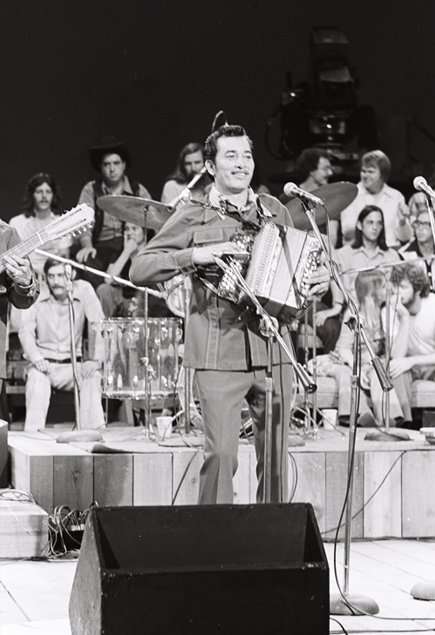
Flaco’s extraordinary talent, undeniable charisma, and willingness to expand the horizons of Tejano music beyond the boundaries of the Lone Star State meant he isn’t just a key note in the sound of Texas. His work is integral to the fabric of American music. We mourn his passing.

